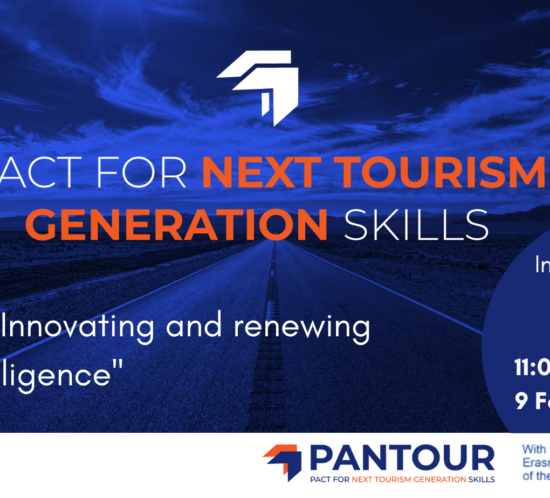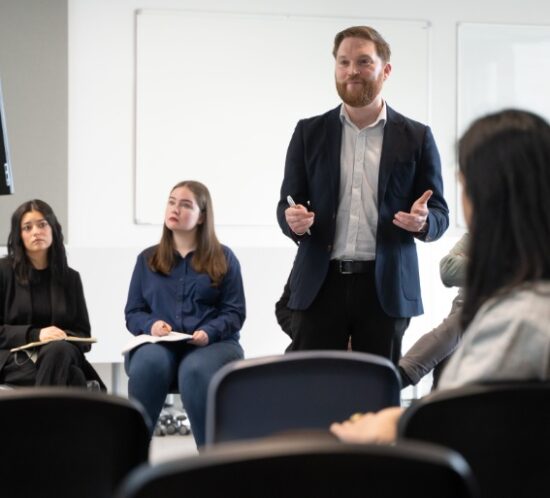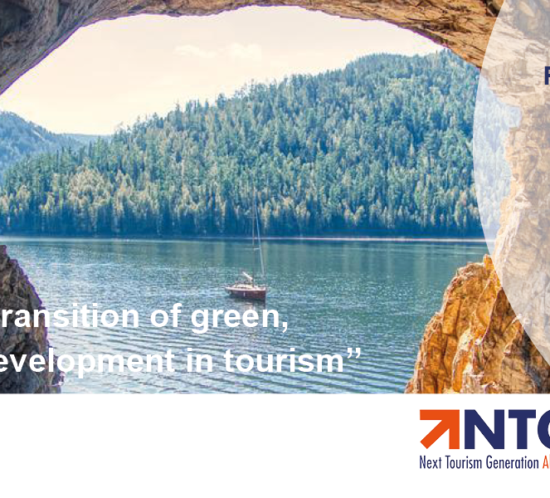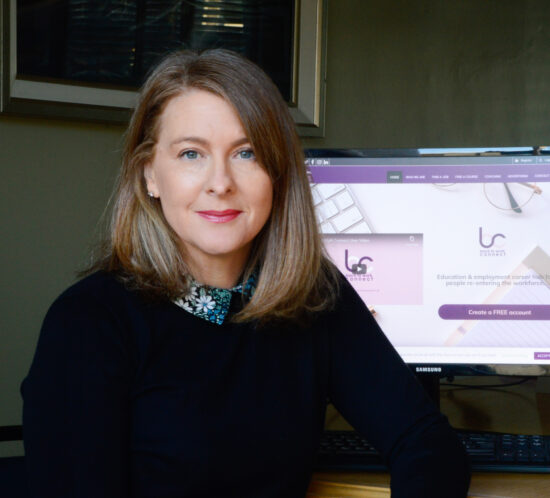Piloting of the Sustainable Resources Management programme at Technological University Dublin
The Sustainable Resources Management programme, created under the PANTOUR research project, was piloted at Technological University Dublin on November 13th. The one-hour session took place at Ballymaguire Restaurant in the Central Quad campus, as part of the induction for 1st year students in the Bakery programme of the School of Culinary Arts and Food Technology. With a total of 28 student participants, the workshop was led by lecturers Sheona Foley and Shannon Dickson with the participation of the researchers Fernanda Rabelo and Fernanda Vergara, and support from the project investigator in Ireland and Head of School of Culinary Arts and Food Technology, Denise O’Leary.READ MORE












